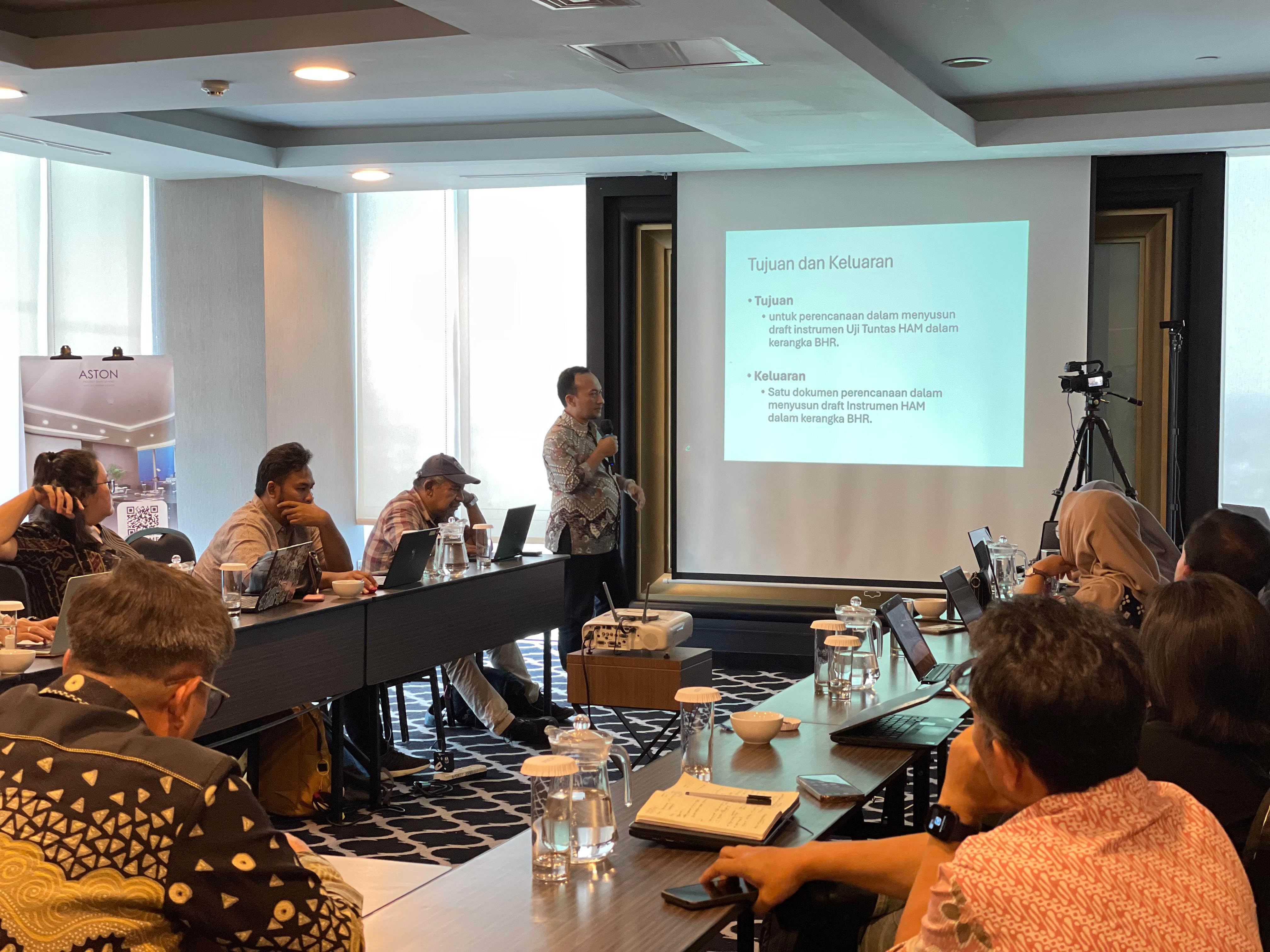PROTECTING HUMAN RIGHTS IN BUSINESS SUPPLY CHAINS: A COLLABORATION BETWEEN WWF-INDONESIA, EPISTEMA INSTITUTE, AND KOMNAS HAM
Jakarta, Wednesday, 6 August 2025 — As part of its commitment to promoting ethical and responsible business practices, WWF-Indonesia, together with the National Commission on Human Rights (Komnas HAM) and the Epistema Institute, has initiated the development of a Human Rights Due Diligence (HRDD) Instrument. This effort is aligned with Komnas HAM’s Standards, Norms, and Regulations (SNP) No. 13 on Business and Human Rights.
The discussion brought together a wide range of stakeholders, including Aditya Bayunanda, CEO of WWF-Indonesia, Dr. Prabianto Mukti Wibowo, M.Sc., Vice Chair of Internal Affairs and Commissioner for Complaints at Komnas HAM. Academic perspectives also enriched the dialogue with contributions from Prof. Dr. Iman Prihandono, Dean of the Faculty of Law at Universitas Airlangga, and Dr. Patricia Rinwigarti, Director of the Djokosoetono Research Center at Universitas Indonesia, ensuring that the HRDD instrument can be implemented effectively within Indonesia’s context.
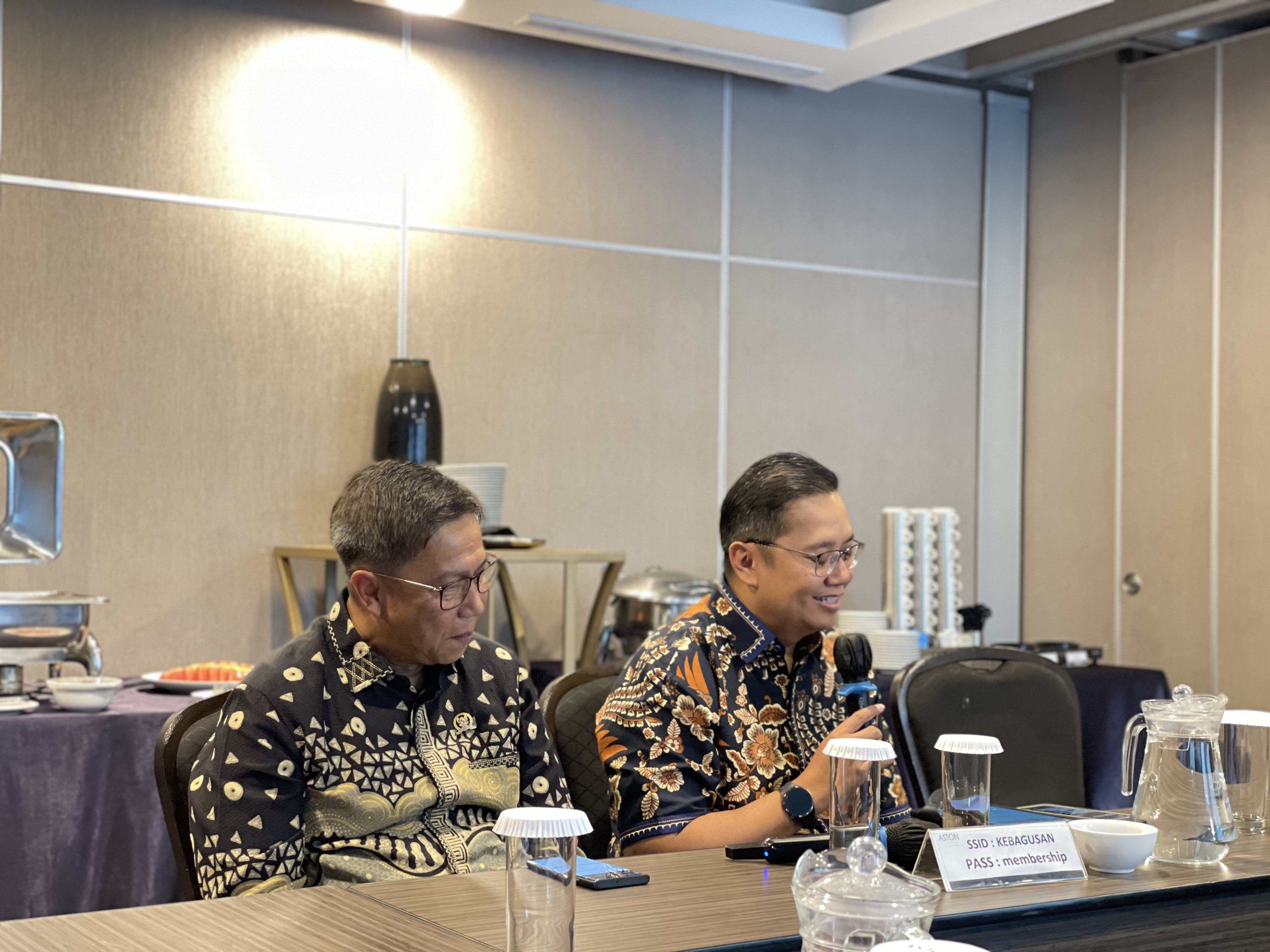
This initiative underscores WWF-Indonesia’s active role in encouraging businesses to be more aware of the human rights impacts of their operations—both directly and through their supply chains and partners. Such efforts are increasingly urgent amid growing cases of human rights violations, including land acquisition disputes, conflicts with Indigenous communities, environmental degradation, and pollution that threaten public health and livelihoods.
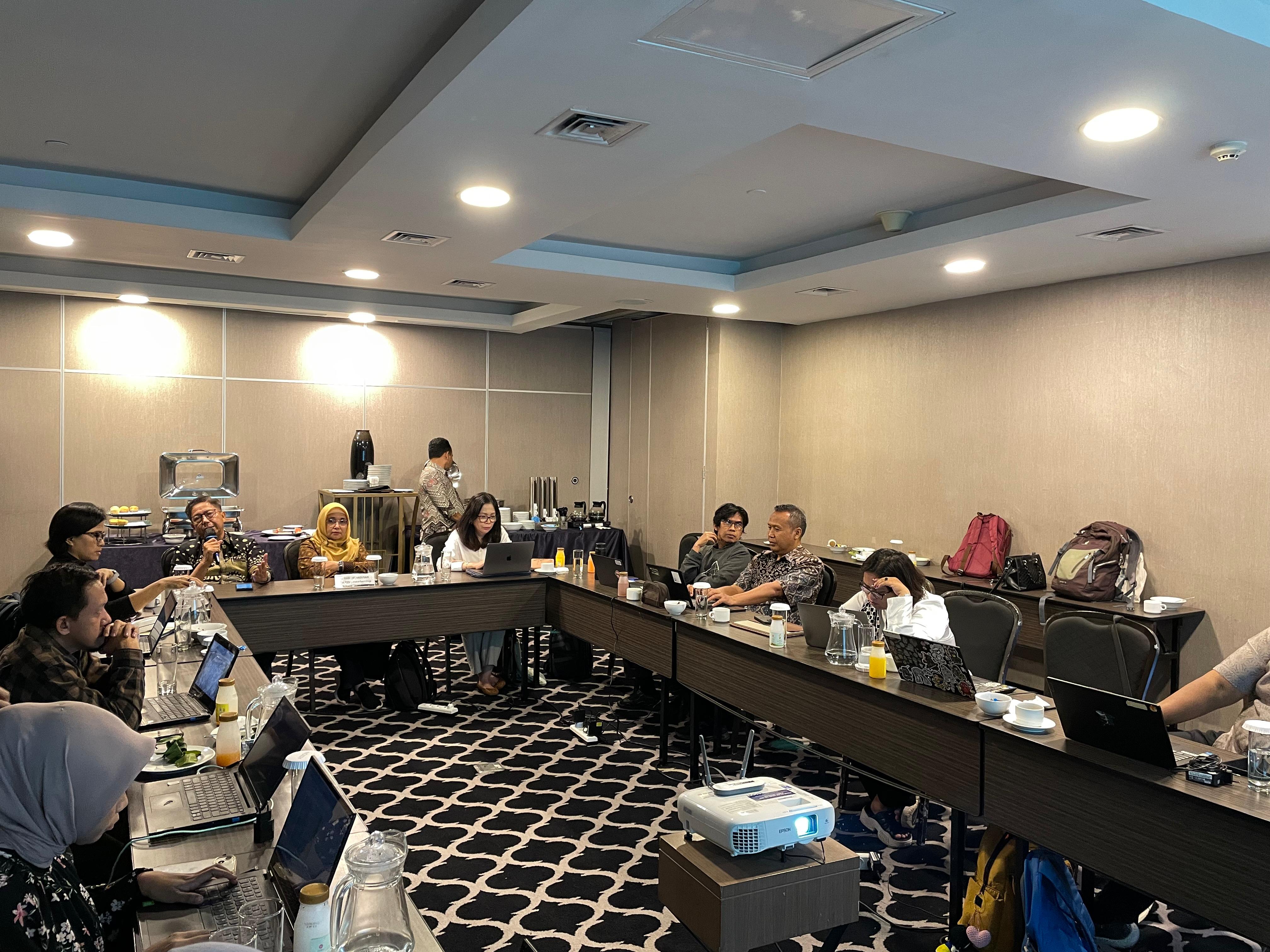
What is Human Rights Due Diligence?
Human Rights Due Diligence (HRDD) is a systematic process undertaken by companies to:
- Identify potential and actual risks of human rights violations,
- Prevent and mitigate negative impacts, and
- Develop effective remediation measures when violations occur.
This process is critical because companies can be directly or indirectly linked to human rights risks, such as unfair labor practices, non-inclusive land acquisition processes, or violations committed by third parties within their supply chains.
Anchored in Global Standards
The development of Indonesia’s HRDD instrument is aligned with key global frameworks, including the UN Guiding Principles on Business and Human Rights (UNGPs), the OECD Guidelines for Multinational Enterprises, the ILO Declaration on Multinational Enterprises and Social Policy, as well as international human rights treaties such as the ICCPR, ICESCR, and ILO Conventions.
.
These references ensure that the HRDD instrument in Indonesia not only aligns with international standards but also carries global legitimacy.
Addressing Challenges on the Ground
The HRDD instrument is not merely an administrative framework; it must respond to real challenges on the ground, such as:
- Assessing human rights impacts in land acquisition processes that risk marginalizing Indigenous peoples,
- Evaluating the health impacts of waste and environmental damage on local communities, and
- Measuring losses caused by the depletion of traditional livelihoods.
The drafting process will therefore be transparent, inclusive, and participatory—engaging government, private sector, civil society, and vulnerable groups in meaningful consultations and decision-making.
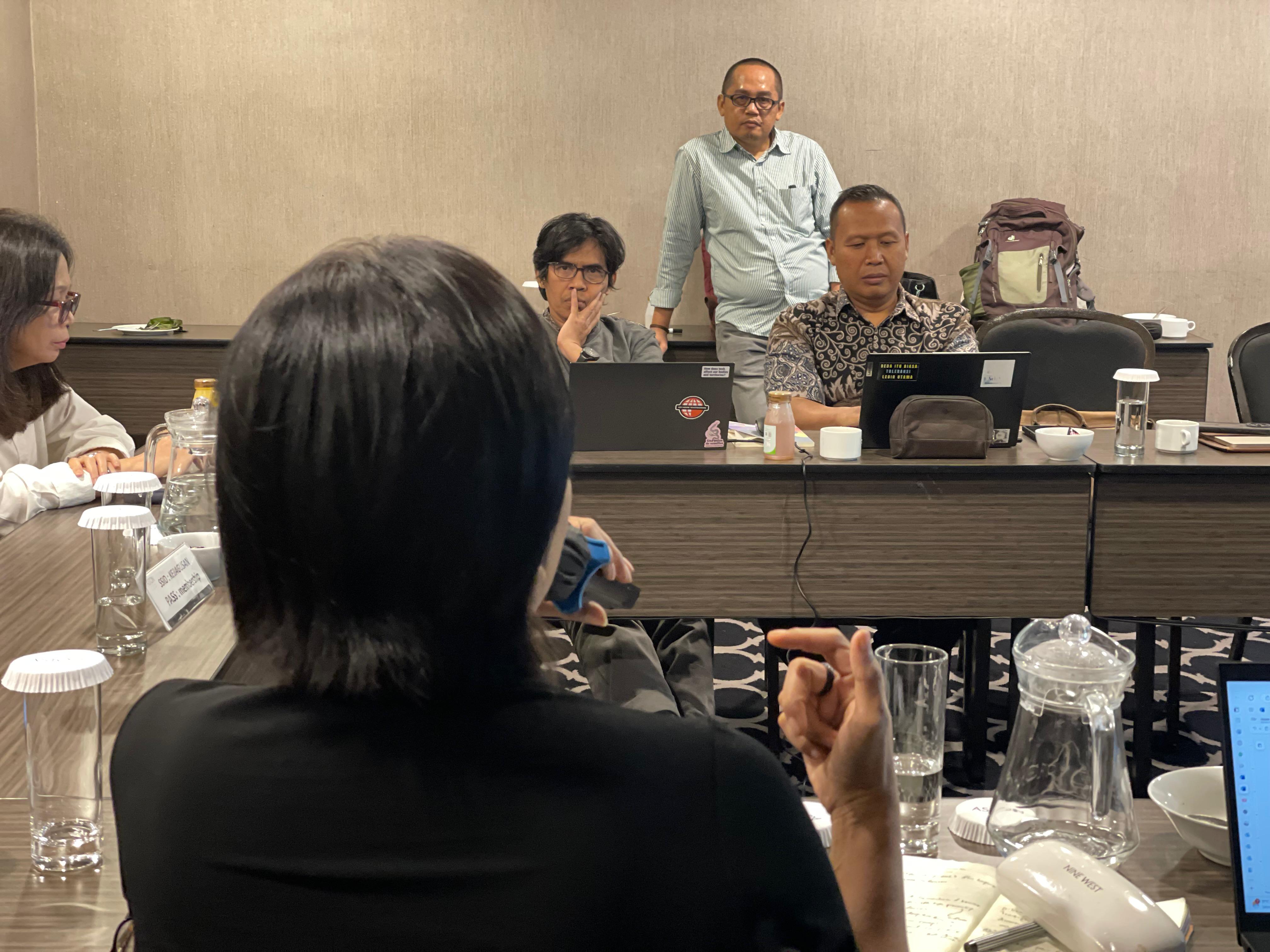
Support from the Leading the Change (LtC) Program
This initiative is supported by WWF’s Leading the Change (LtC) program, implemented in 15 countries, including Indonesia. The program focuses on strengthening civil society capacity, protecting the environment, and advancing human rights, particularly for Indigenous Peoples and vulnerable groups often affected by large-scale investments.
In Indonesia, LtC actively:
• Promotes the application of the Free, Prior, and Informed Consent (FPIC) principle,
• Facilitates dialogue between local communities, businesses, and government,
• Raises private sector awareness of the importance of human rights due diligence, and
• Supports the development of a more inclusive and just policy ecosystem.
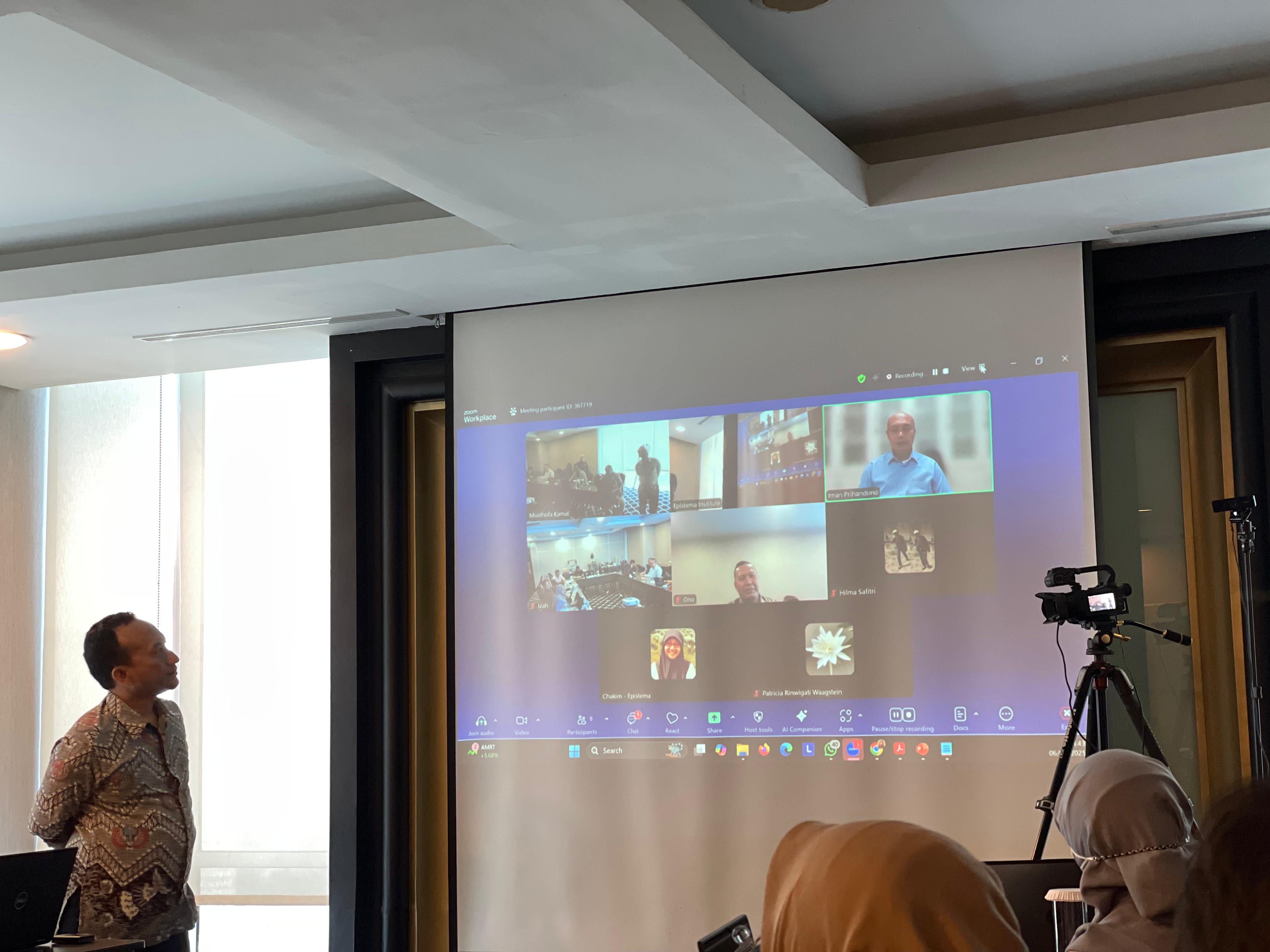
Towards More Humane Business Practices
This initial step marks an important milestone in establishing the foundation for Indonesia’s HRDD instrument. Through this initiative, WWF-Indonesia envisions a business ecosystem that prioritizes not only profit but also human dignity. With a clear, measurable, and accountable HRDD framework, companies will be better equipped to conduct business that is fair, sustainable, and respectful of human rights.
Ultimately, business that respects human rights lays the foundation for an inclusive and sustainable economic future.

